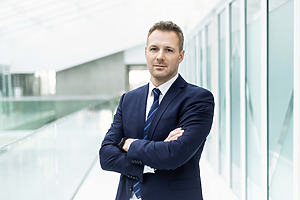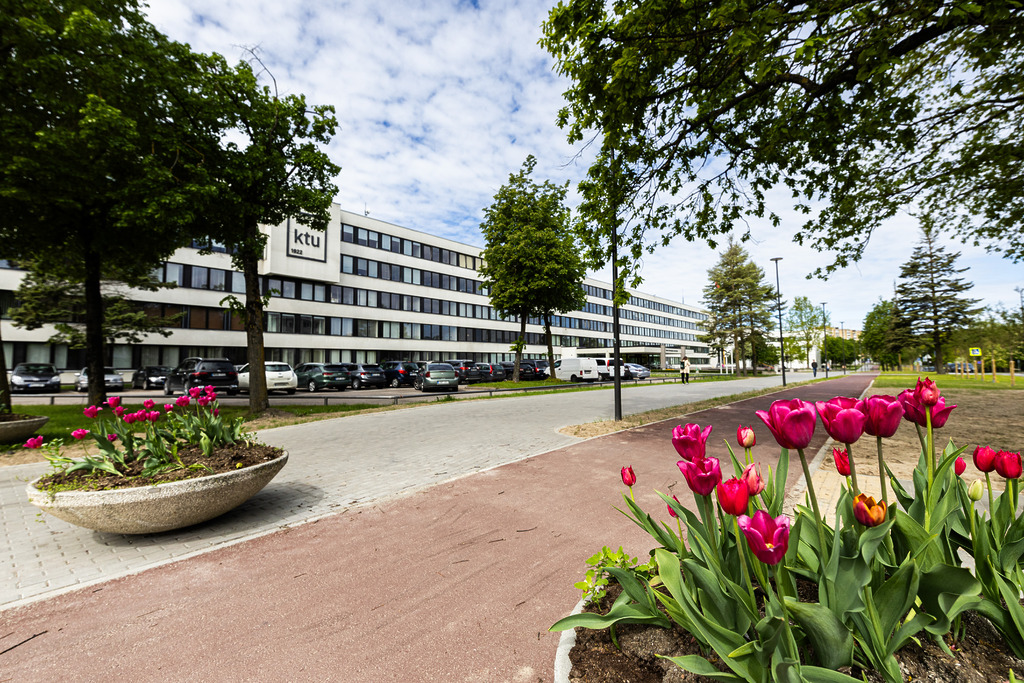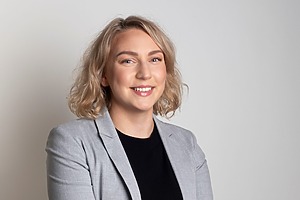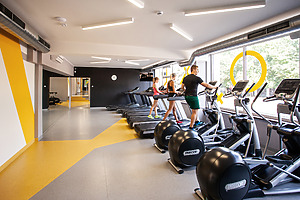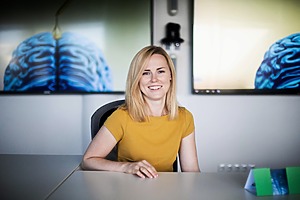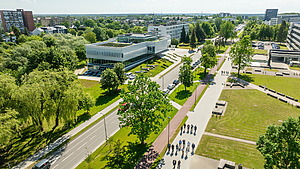For those, joining a student organisation, it is enough to be motivated and curious. However, for joining an art society or a sports team previous experience is also important.
“Both arts societies and sports teams set high professional standards for their activities, so new members need to have the necessary skills in the field,” adds Skučienė.
Scholarships for the most active
Students who actively take part in sports, art or student organisations can be rewarded with one-off incentive scholarships of EUR 165.
“Of course, great attention is paid to high study results, and students who have achieved them receive the University Talent Scholarship of 250 euros per month. Students who achieve only the highest study results and are actively involved in University life, get extra points in the talent scholarship competition and often win the scholarship,” says Skučienė.
Due to KTU’s active cooperation with various business organisations, more than 15 different scholarships are offered every year. Their size varies from 200 to 1.2 thousand euros.
Those, interested in gaining specific skills, developing extra competencies and studying with the most gifted peers, are invited to join Talent Development Academy’s programmes – GIFTed, GIFTed Masters, SKILLed FinTech and SKILLed AI.
Eylul Guleryuz from Turkey is one of a few international students, chosen for GIFTed Talent Academy. With her talented colleagues, she participated in numerous competitions and activities, which allowed her to develop personal and professional competencies through teamwork, additional high-level modules, challenges, and cooperation with professionals.
“I had made amazing like-minded friends that I would probably have never been able to meet otherwise. I would recommend all the prospective students to try their chance by applying to the GIFTed in the first semester of the first year,” encourages Guleryuz.
SKILLed AI is the latest addition to KTU’s talent development programmes, which focuses on the rapidly developing field of Artificial Intelligence (AI). SKILLed AI equips students with the competencies needed for a career in the field of AI.
Members of all Talent Development Academy programmes are supported by a €300 per month scholarship.
Studying at KTU means international experience
International experience is increasingly demanded in the job market, as it not only broadens the horizons of young professionals, but also strengthens their competitiveness, allows them to acquire valuable cultural and professional skills, and fosters personal and academic growth.
Laura Stasiulienė, Associate Professor and Director of the KTU Department of Studies, is delighted that the University can offer students an international experience in the European Consortium of Innovative Universities (ECIU).


